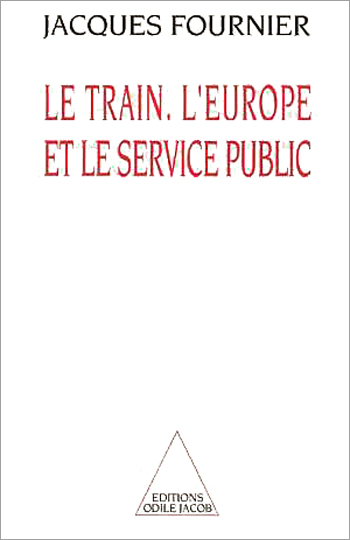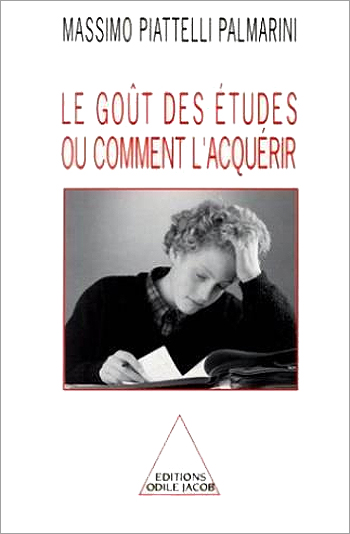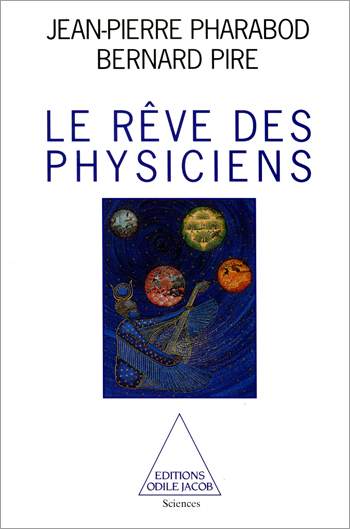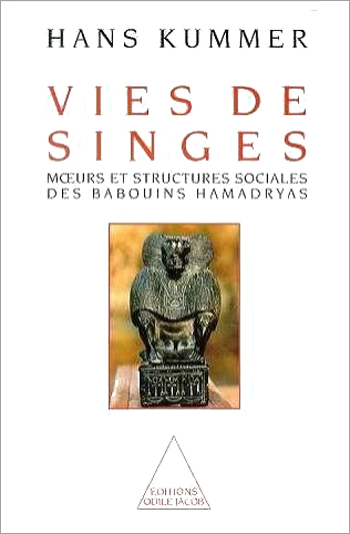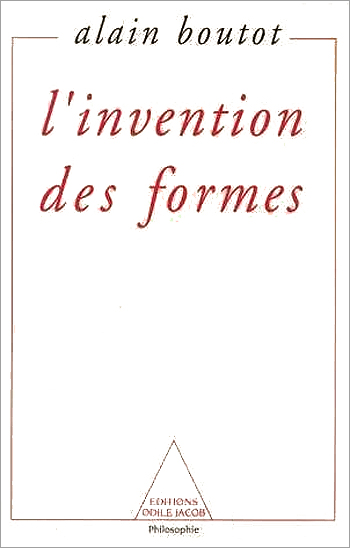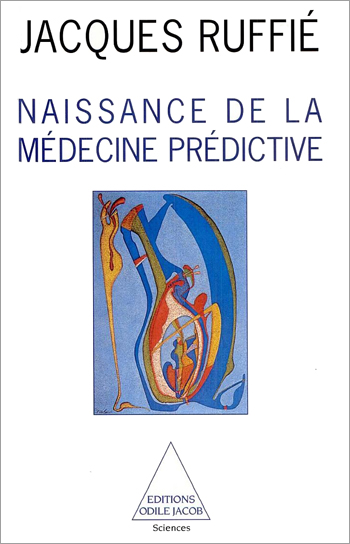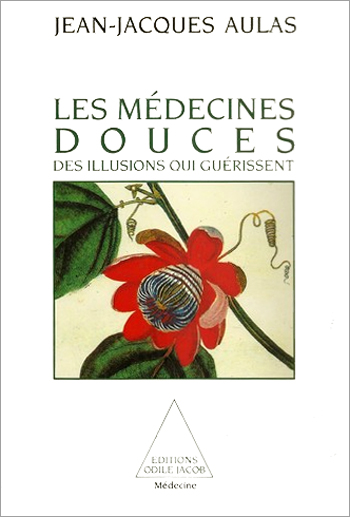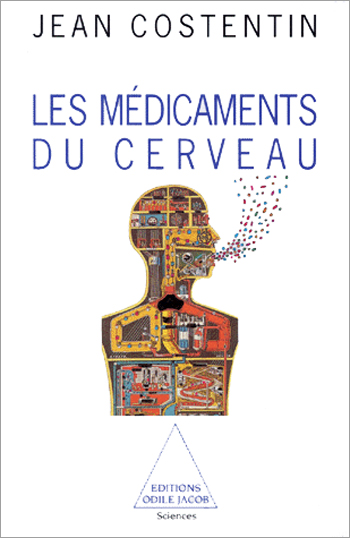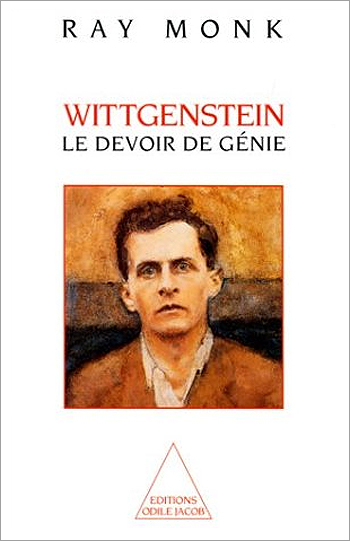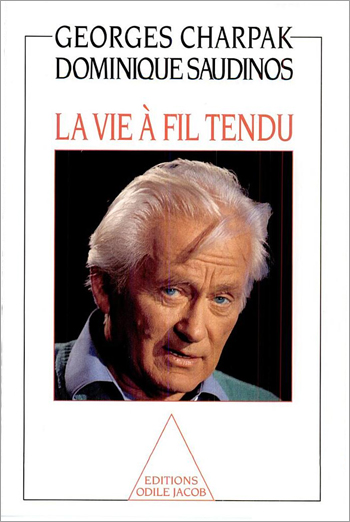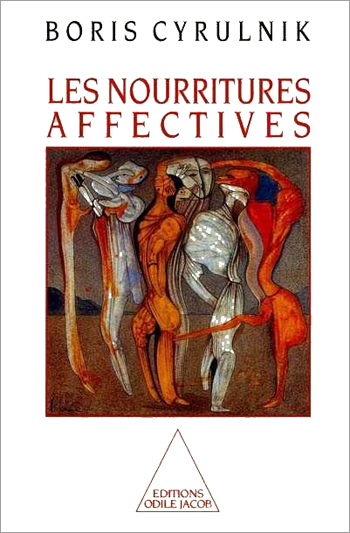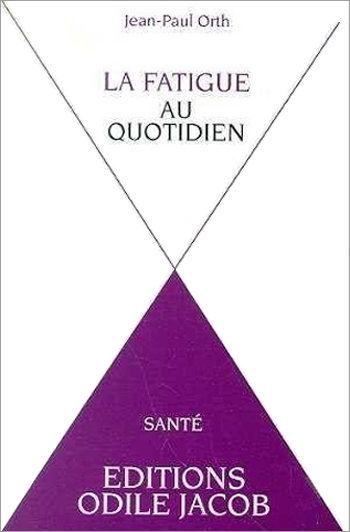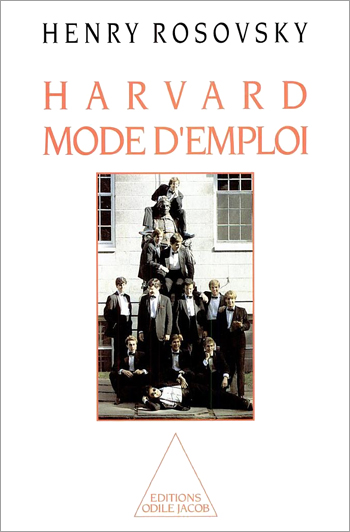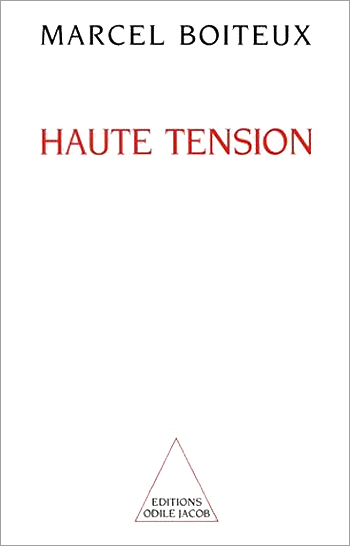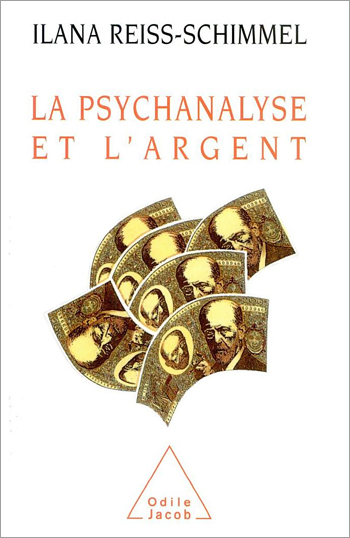Catalog All books
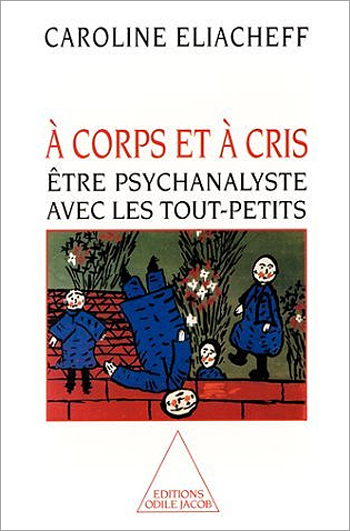
Caroline Eliacheff
À corps et à cris How to psychoanalyse young children
Oliver, Zoe, Mathias and the others are children of grief. They barely speak. They have faced innumerable trials: unknown mothers, abandon, adoption, even separation from imprisoned parents. Traditional medicine allows them to survive, but cannot teach them to live. Is there a solution? This book attempts to reach these neglected children and, through words, to heal. Caroline Eliacheff is a psychoanalyst who counts among her published works Les Indomptables, written in conjunction with Ginette Raimbault.
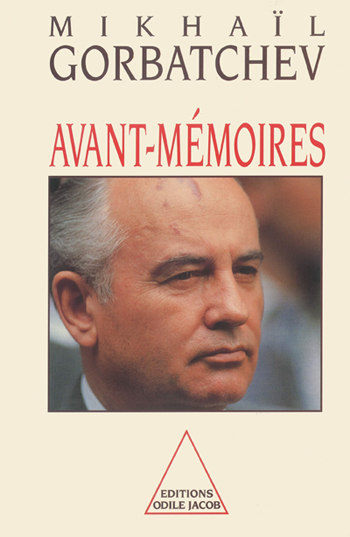
Mikhaïl Gorbatchev
Memoirs
For the first time Mikhaïl Gorbatchev opens his personal archives to the public. The reader participates in the negotiations between the head of the Kremlin and the other great leaders: François Mitterrand, Margaret Thatcher, Helmut Kohl, George Bush... He experiences the moving dialogue between Pope John Paul II and the General Secretary of a party which has made atheism its profession of faith. Finally, the reader follows the intellectual, political and moral progress of a man who presided over the transformation and opening of the very system which created him.
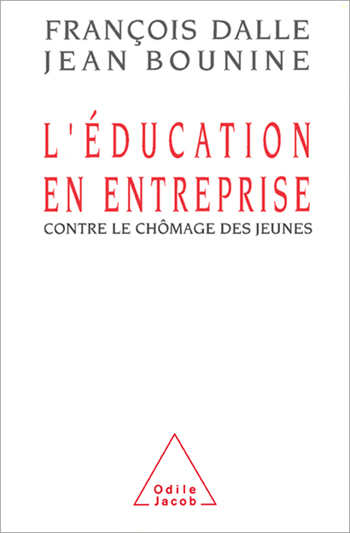
François Dalle, Jean Bounine
Education in Business Against the Unemployment of the Young
Each year in France, 250,000 young people come out of the education system without even a shred of a diploma. The German example and that of Japan shows that the work situation and economic performance are better when schools assure proper instruction and enterprise takes charge of paving the way to employment. François Dalle, President of l'Oréal from 1957 to 1984, and Jean Bounine, advisor to the general directors of this group, are the authors of a 1987 report on employment.
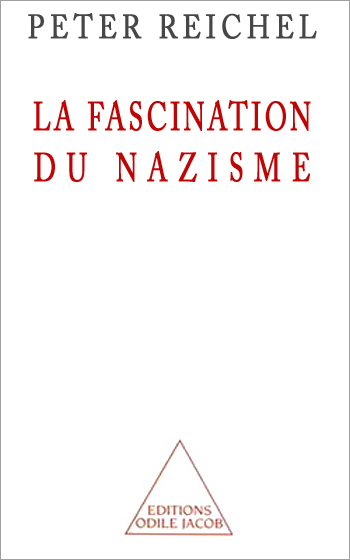
Peter Reichel
The Fascination of Nazism
All authoritative regimes look to dominate and effectively use art, culture, and the media. Each tool of popular influence is merged together to create and enforce a mythology. But no regime ever went as far as Nazism, no doubt because the Nazis were the first to understand mass culture. Peter Reichel unveils the unrivaled skill with which they knew how to create a world of illusions that allowed them to drag the Germans to disaster. Peter Reichel is a professor at the Institute of Political Science in Hamburg.
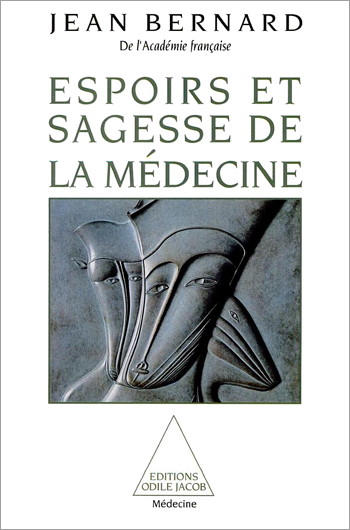
Jean Bernard
The Hopes and Modesty of Medicine
It is possible to predict the medical science of the twenty-first century. This book attempts to describe its essential traits. It will be inspired by two sentiments: hope and modesty. Hope that the misfortune of man will diminish thanks to the progress of medicine. A doubled modesty before the perverse effects of progress and the repercussions of unpredicted events.
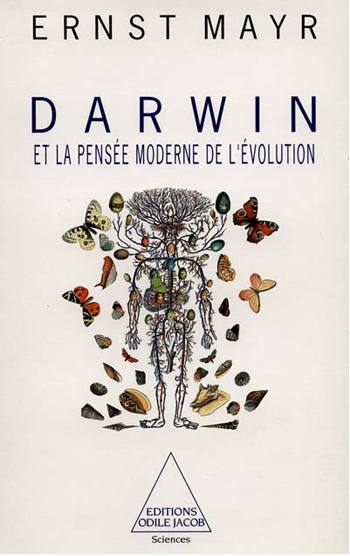
Ernst Mayr
One Long Argument: Charles Darwin and the Genesis of Modern Evolutionary Thought (Questions of Science)
Without Darwin, our knowledge of the living would not be what it is today. But who was really the author of The Origin of Species? Why did these hypotheses lead to one of the most important scientific revolutions of our time? To what questions was Darwin unable to find an answer? Ernst Mayr is a professor emeritus at Harvard University.
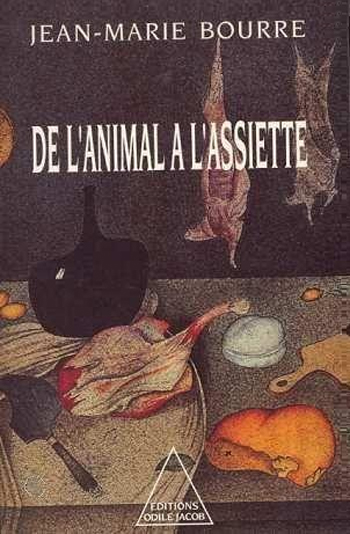
Jean-Marie Bourre
From the Animal to the Plate
Traditionally, meat was the basis of our meals. Today it has become the object of dietary resentment: too much fat, too rich, too heavy... Yet meat contains proteins essential to a healthy existence. J.-M. Bourre joins the search for meat replacements, exploring the riches of the sea, the ressources found in vegetal proteins, innovative cooking techniques, and recent changes in breeding.
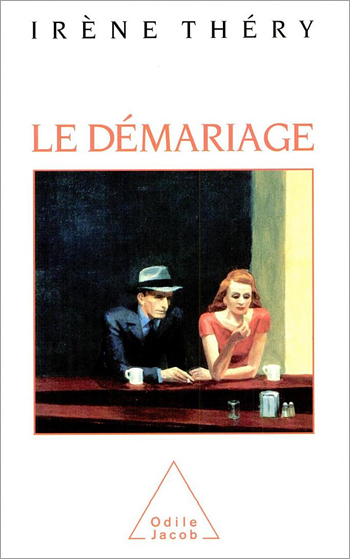
Irène Théry
From Marriage to Divorce Justice and Private Life
Can dual parental responsibility outside marriage be recognized as a principle by law? I. Théry believes that all controversies on divorce are basically debates on marriage. Our representations of the relationships between the individual and society, the private and public realms, are destabilized in this insecure period of unmarriage . The psycho-social drift of justice increases further when we consider the true sufferers of divorce court battles: the children.
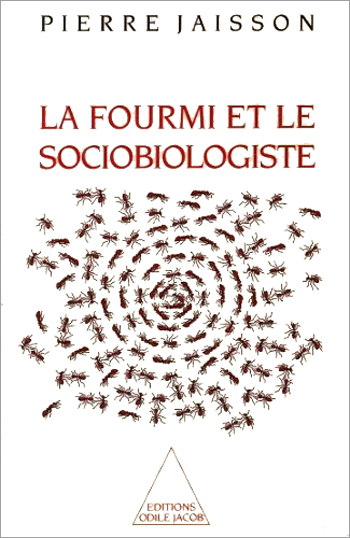
Pierre Jaisson
The Ant and the Sociobiologist
What are the advantages of social organization? P. Jaisson, a sociobiologist, explains how among animals as various as ants, bees, tadpoles and rats, certain altruistic behavior is dependent on a recognized social order. The generalizations fostered by these findings and their application to the human speces are a source of violent debate and moral questioning. Jaisson provides an honest look at the ideological exploitation born of sociobiological study.
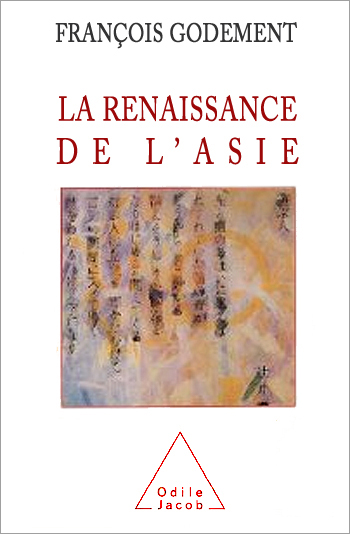
François Godement
The Renaissance of Asia
How can the dynamism of modern Asia be explained ? Is there a unified Asian identity which could point to subsequent unification ? What is the role of the State, and the future of democracy in Asia ? François Godement presents one of the first major histories of the contemporary Far East in which he not only traces the recent history of the continent, but also reveals the future for occidental societies. François Godement is a professor at the Institute of Eastern Languages and head of research at the French Institute for International Relations.
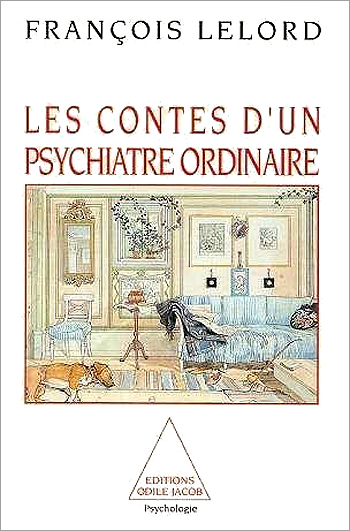
François Lelord
The Tales of an Ordinary Psychiatrist
Visiting a psychiatrist is still a frightening prospect. Taboos surround psychological illnesses and psychiatry is viewed with suspicion. Using true cases as examples, F. Lelord presents the expressions and mechanisms of various psychological problems: stress, agoraphobia, depression, bulimia, anorexia, schizophrenia, autism... With each case we dive further into the psyche, and emerge with an honest assessment of the pluses and minuses of psychiatric treatment.
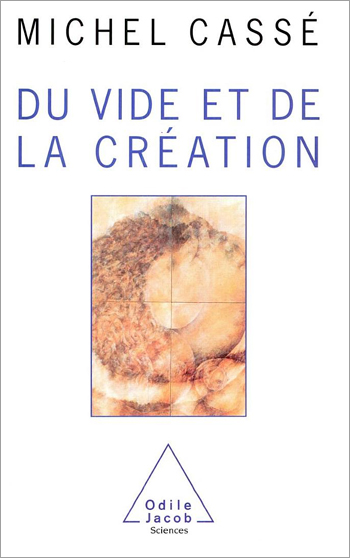
Michel Cassé
Nothingness and Creation
This book is foremost a piece of scientific popularization. M. Cassé leads us on an historical stroll through physics. First we meet the ideas of Galileo and Newton. Then Einstein modifies the classical notions of time and space. Finally quantum mechanics revolutionize our sense of matter. On a deeper level, Cassé sees physics as an arena for debate on the nature of reality. This is why scientific discourse often tends toward reverie and poetic meditation, particularly when concerning itself with the void, a central notion for modern physics and the complex protagonist of Cassé's scientific journey.
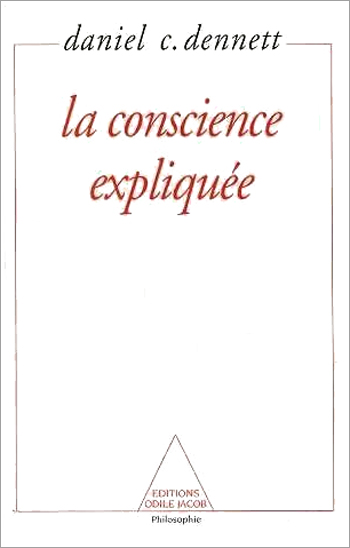
Daniel C. Dennett
Consciousness Explained
What is it that transforms a small piece of matter into an animated being? What is it that gives to certain physical structures the enigmatic privilege of feeling sensations and having experiences? Conscience. But what do we know about conscience? Daniel C. Dennet proposes a new explicative model founded on the modern revelations of psychology, neurology, and artificial intelligence. Daniel C. Dennett directs the Center for Cognitive Studies at Tufts University. He is one of the leaders in the philosophy of the spirit in the United States.
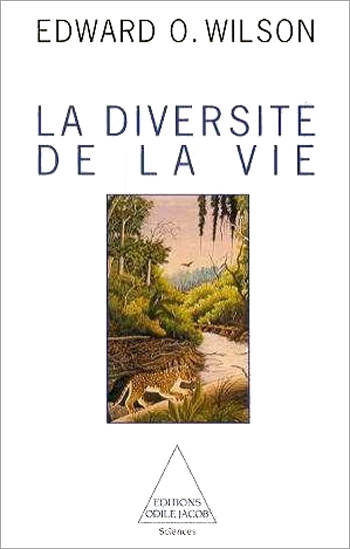
Edward O. Wilson
The Diversity of Life
What are the mechanics of evolution? What is the force behind diversity and the proliferation of the species? Why does nature never stop inventing new forms of life? What is the effect of great catastrophes on the evolution of the species? What is the real effect of human action on nature? A professor at Harvard University, Edward O. Wilson is one of the most important theoricians of biological evolution. He is also one of the most ardent lobbyists for the preservation of nature.
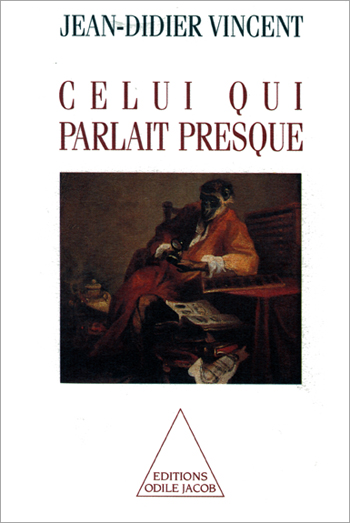
Jean-Didier Vincent
Celui qui parlait presque
When a rich English woman, a grouchy scientist, a bonobo monkey and a young man interested in religion meet together in a castle of Provence, what do they do? They talk. And what do they talk about? About the origins of life, the appearance of language, about the secrets of memory, or about the emergence of desire. Subtle and witty, J.-D. Vincent, a neurobiologist, author of The Biology of Passions, offers us here a defense and an illustration of material reason.

